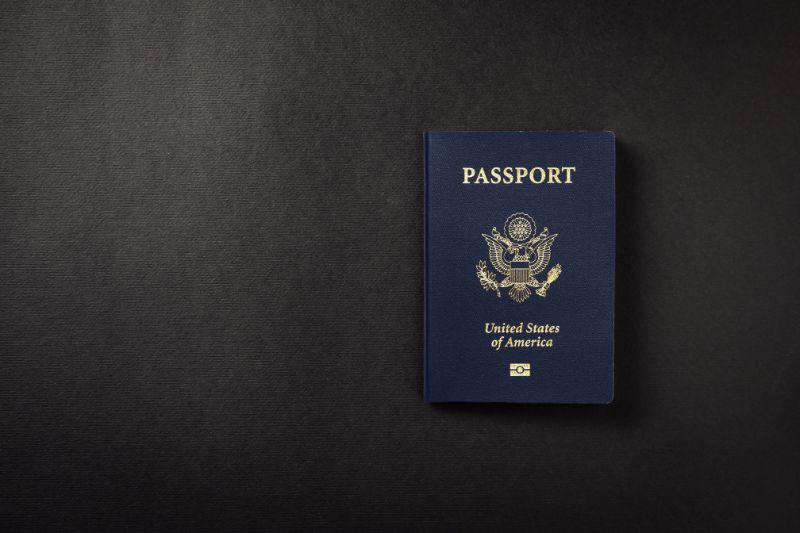No products in the cart.
Tips for Completing the DS-3053 In Case of Dual Citizenship

When a juvenile kid applies for a U.S. passport and one parent or legal guardian is unable to appear in person, the DS-3053, Statement of Consent, plays a critical role in the application process (read more at at https://onenotary.us/ds-3053-form-passport-parental-consent/). When a kid has dual citizenship or other special circumstances come into play, however, the process of filling out this paperwork may become quite complicated. Here, we go into two unique scenarios: those involving children who have dual citizenship and the potential for extra considerations or criteria.
Complexity of dual citizenship and DS-3053 filling
When applying for a U.S. passport using Form DS-3053, there are special considerations for children who have dual citizenship (often U.S. citizenship in addition to citizenship from another country):
- There may be extra requirements for proof of citizenship for a kid who has dual citizenship, depending on the nation in question. The youngster may need both a U.S. passport and a passport from another nation in order to enter and depart that country legally.
- Consent may be more difficult to gain when a kid has dual citizenship based on parents who are not from the same country. In addition to the DS-3053 form’s non-applicant parent approval, the other nation may have additional documentation or consent requirements. It is essential to learn about and abide by the unique laws of both nations.
- Possible requirements for translation and certification include the use of a language other than English on the DS-3053 form or in any supporting documentation. The United States is only one of several nations that need qualified translators for official document translations.
Given the complexities of dual citizenship and the possible legal repercussions, it is wise to confer with appropriate officials, such as the U.S. Department of State and the consulate or embassy of the other nation, to make sure you’re meeting all the criteria.
DS-3053’s special considerations and unique requirements
The DS-3053 form may need special attention in the following cases:
- It may be necessary to take certain factors into account when a kid is in the care of someone other than their original parents. Additional proof of the legal guardian’s power to consent on the absent parent’s behalf may be required.
- Neither parent may use parental rights to apply for a passport or apply for a child’s travel documents if the law or court order specifically prohibits or limits their ability to do so. Problems with the law may arise from failure to do so.
- The United States Department of State may request proof of financial stability from a parent or guardian before approving a child’s overseas travel visa. The DS-3053 form is not interchangeable with this additional paperwork.
- Countries, and even regions within a nation, might have wildly different passport requirements. Knowing the local rules and regulations regarding passports and parental approval is crucial when applying for a passport on behalf of a minor.
- Coordinating efforts, paying close attention to details, and following strict legal and bureaucratic procedures are typically necessary when dealing with particular issues. A successful and lawful passport application procedure relies on timely contact with appropriate agencies and thorough record-keeping.
For minors applying for a U.S. passport while one parent or legal guardian is absent, the DS-3053 form is an essential piece of the puzzle. Instances of dual citizenship, as well as other special circumstances and conditions, might make its implementation far more difficult. For a child’s passport application to go through smoothly and safely, it is essential to do extensive study, seek out legal counsel, and adhere to all applicable U.S. and foreign requirements.










Leave a Reply